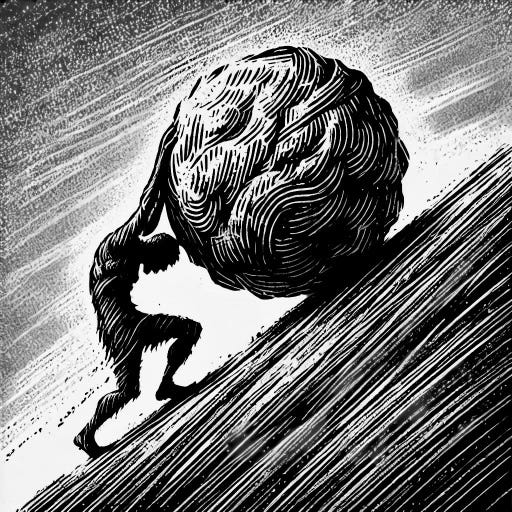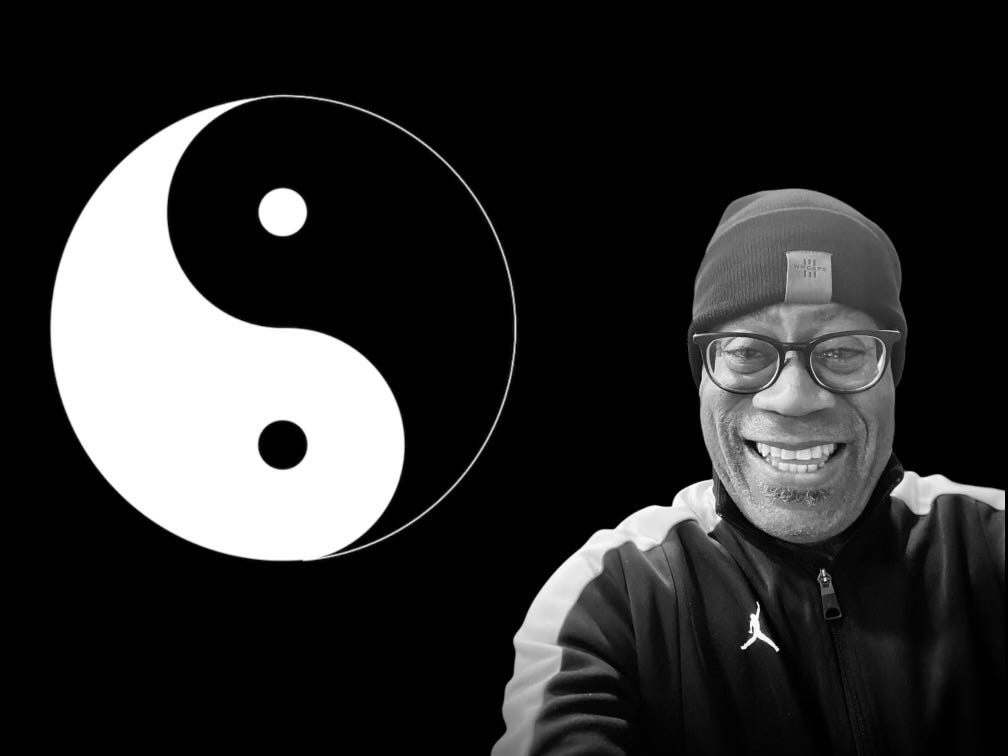I met Andy Ekstrom on a warm summer evening in July 2010 at an Urban Land Institute meeting in Sacramento.
It was the kind of networking event where business cards exchanged hands like playing cards in a high-stakes game of professional poker. But amid the transactional atmosphere, there was Andy—a bright, magnetic presence who seemed to transcend the superficial nature of the gathering.
We met at the registration table, where he greeted me with an affable smile and an easy warmth that made me feel as though we had been old friends reconnecting rather than strangers meeting for the first time.
He was the kind of person who carried an aura of effortless charm. Everyone in the room seemed to know him, and more importantly, to like him. The women hovered around him as if drawn by some invisible force, and the men regarded him with a mix of admiration and camaraderie.
Yet, for a brief window of time, it felt as though the world had quieted, and it was just the two of us. Our conversation delved into the depths of what it means to live a meaningful life, bypassing the usual pleasantries and small talk.
He spoke of his work, his passion for developing vibrant urban spaces, and the connections that make a city come alive. It felt less like a conversation and more like a rare moment of complete presence, as though I had stepped into a dream where time was suspended.
As I left, we exchanged business cards with the mutual intention of staying in touch. I reached out a week later, then again, and then again—each time with no response. My mind began to craft stories. Perhaps he had forgotten me. Perhaps our conversation, which had felt significant to me, had been just another pleasant but fleeting exchange for him. I wrestled with my own insecurities, questioning why I had thought we could be friends in the first place.
And then, in late July, I received the Urban Land Institute Sacramento newsletter.
The headline read:
In Memory of Andy Ekstrom.
The news struck like a physical blow. Andy was gone. And not just gone—he had died by suicide.
His loss sent ripples through the Sacramento community. The outpouring of grief was immediate, heartfelt, and unanimous. He was remembered as someone who lit up every room he entered, who dedicated himself to building connections, who had an infectious enthusiasm for his work.
And yet, beneath that brilliant surface, something darker had been at play. The news of how he had died—alone by the river, a handgun at his side—clashed violently with the image of the man I had met.
Like many who knew him, I was left grappling with the paradox. How could someone so full of life choose to end it?
Albert Camus, in his book “The Myth of Sisyphus, explores the fundamental question of suicide. He argues that life’s absurdity—the tension between our desire for meaning and the universe’s apparent indifference—can lead some to despair. He suggests that suicide for some is a response to this absurdity, an escape from the crushing weight of existential questions that refuse to be answered.
But Camus also offers another perspective: that the only way to confront the absurd is through rebellion—not in the sense of overthrowing a system, but in choosing to live despite the lack of ultimate answers.
To wake up each day and say, I will keep going anyway. Sisyphus, forever condemned to roll his rock uphill, does not break under his punishment. Instead, he finds a kind of defiant joy in the act itself.
Did Andy wrestle with this existential absurdity? Did he feel trapped between the weight of his outward persona and the isolation of his inner turmoil? Did the expectations placed upon him—by his peers, by society, by himself—become too heavy to bear?
I will never know the answers. None of us will. And perhaps that is the hardest part.
But through the lens of Taoism, I find a different kind of solace. Taoism teaches that life is like water—it flows, it bends, it adapts. The need to control, to define, to make sense of everything is what leads to suffering. The Tao reminds us that all things rise and fall, that everything is interconnected, and that even in loss, there is continuity.
My one and only conversation with Andy was like a fleeting brushstroke in the great painting of life. It was significant not because of its permanence, but because it existed at all. I could mourn the friendship that never materialized, or I could embrace the gift of that moment—of deep presence, of connection, of being fully alive, even if only for an evening.
His passing also served as a powerful lesson in how little we truly know about the people around us. The brightest smiles often conceal the deepest wounds. The ones who seem to have it all together may be quietly unraveling. The Tao teaches us to move through life with compassion, with an openness to the mystery that is each person’s journey.
If I had known what Andy was carrying, could I have said something that might have made a difference? Perhaps. But perhaps not. The Tao teaches us not to grasp too tightly at what is beyond our control. Instead, we are called to be present for one another in the moments we do have—to listen, to see, to be open.
I never got the chance to be Andy’s friend in the way I had imagined. But in another way, perhaps he was a teacher. He reminded me that the surface tells only part of the story. That the people who bring us light may sometimes be struggling in their own darkness. That presence, even in the smallest of interactions, matters.
And so, I hold onto that evening in July. I remember the affable, charismatic man at the registration table, the thoughtful conversationalist who seemed to see and hear me in a way that so few do. I let go of the unanswered questions, and instead, I honor what was.
The river continues to flow. And so do we.
If you find my nomadic wisdom valuable in helping to set a positive tone for your day, would you be kind enough to consider joining as a paid member supporter.
You can also tip me some dirty chai latte love here if you feel so inclined.
Every bit counts as I strive to deliver high quality feature articles into your inbox on a daily basis. Never any paywalls, just my Taoist raw thoughts which are open to everyone on what it means to be human.
Your contributions are appreciated in support of my full time work and calling.
Much Love,
Diamond- Michael Scott — aka The Chocolate Taoist
👇
PS: Here are a couple of other simple ways you can engage with us
Reshare your favorite takeaway on Substack NOTES
SHARE this article and publication








Thank you for sharing a beautiful story. I continue to dive into the constant choices we have in life. Sometimes a person’s perspective is how he or she wants in his life but unable to manifest it. Present moment awareness is what we have. 🙏🏽
Thank you for your wisdom, as always. I really needed to hear this today.